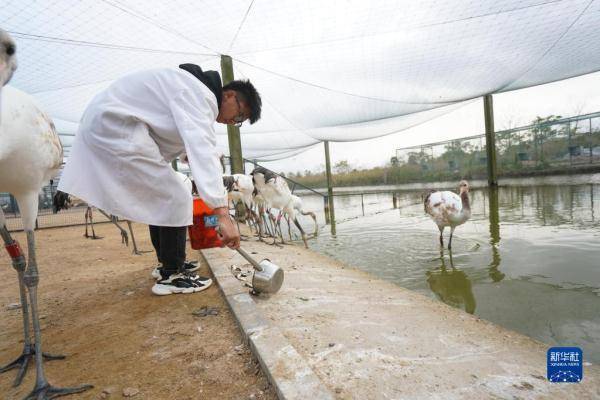Wild animals, pivotal to biodiversity and ecosystems, are essential for energy flow and material cycling in ecosystems, holding an irreplaceable role in upholding ecological stability. Yet, these animals also act as mobile virus reservoirs and potential origins and transmission points for numerous zoonotic diseases. The interchange of diseases among wild animals, between wild animals and humans, and between livestock and poultry not only imperils the existence of wild species but also poses risks to human lives and the sustainable growth of the livestock industry.
To enhance monitoring and prevention of epidemics and diseases, the Yancheng Municipal Government has instituted measures such as daily monitoring and early warning, information reporting, emergency response, and promoting scientific literacy. These measures provide a science-based approach to tackle wildlife epidemics and their associated risks. Furthermore, a collaborative effort across various departments ensures comprehensive monitoring, detection, evaluation, prevention, and control of diseases originating from wildlife, along with ensuring the sound management of wildlife breeding to prevent outbreaks.
